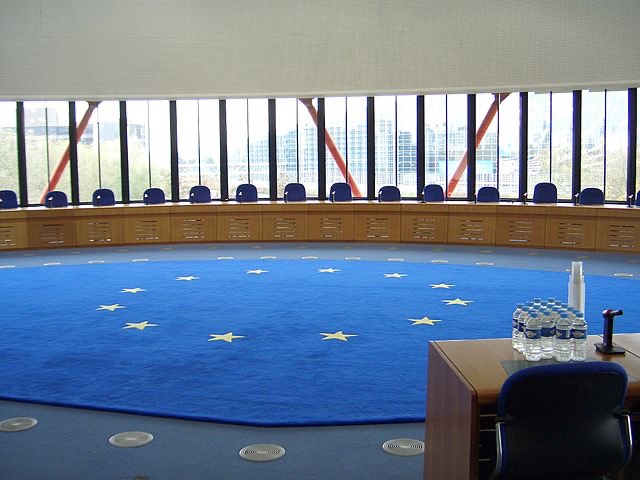In a stunning and controversial decision, the European Court of Human Rights (ECHR) has ruled that a convicted double murderer had his human rights breached due to excessive delays in his trial process in the UK. Obina Christopher Ezeoke, who was sentenced to life in prison for the cold-blooded murder of a London mother and her sleeping nephew, brought his case to the ECHR claiming that repeated delays in bringing him to justice violated his right to a fair trial under Article 6 of the European Convention on Human Rights.
The Strasbourg court’s ruling has ignited a firestorm in the UK, prompting backlash from politicians, legal experts, and the families of the victims. While Ezeoke’s conviction and sentence remain intact, the court found that the prolonged judicial process breached his human rights—a finding that is raising difficult questions about justice, fairness, and how the legal system balances the rights of the accused with the trauma of victims‘ families.
Who Is Obina Christopher Ezeoke?
Obina Christopher Ezeoke is a convicted murderer who was finally brought to justice in 2020 after a nearly four-year legal saga. Before his arrest, he had been associated with gang-related violence in London and was no stranger to law enforcement. His most heinous act, however, came in 2016 when he took the lives of two innocent people in a case that shocked the UK and highlighted the devastating consequences of street retaliation.
Ezeoke had a reputation for being volatile and dangerous. Prosecutors later revealed that the motive behind the double killing was a grudge against a rival—Ryan Efey—whose family was tragically caught in the crossfire. The cold and calculated nature of the attack left the community horrified and the legal system under pressure to deliver swift and certain justice.
But what unfolded next would become one of the most drawn-out murder cases in modern British legal history.
The Murders That Stunned London
On a quiet September night in 2016, the lives of 53-year-old Annie Ekofo and her 21-year-old nephew, Bervil Kalikaka-Ekofo, were brutally cut short inside their home in East Finchley, North London. Ezeoke, armed and determined, broke into the home and fatally shot Bervil in the head as he lay sleeping. Moments later, he gunned down Annie in her bedroom, hitting her in the chest.
The murders were calculated and merciless. Investigators later discovered that Ezeoke was targeting Ryan Efey—Annie’s son—after footage of Ezeoke being beaten had surfaced on social media. But instead of confronting his intended target, he murdered two completely innocent individuals.
The killings shocked the nation and galvanized police efforts to capture and prosecute Ezeoke. But justice would not come swiftly.
The Long Road to Conviction
Ezeoke’s legal journey became infamous not just for the crime, but for the sheer number of trials it took to finally convict him. Over the course of four years, he faced five separate trials, each plagued by its own complications:
- First Trial (2017) – The judge overseeing the case suffered a serious back injury and was unable to continue, forcing the trial to be abandoned.
- Second Trial (May 2018) – Jurors failed to reach a unanimous verdict, resulting in a hung jury.
- Third Trial (March 2019) – Once again, the jury could not agree, and another mistrial was declared.
- Fourth Trial (March 2020) – The COVID-19 pandemic hit just as the trial began, shutting down courtrooms nationwide and postponing justice once more.
- Fifth Trial (September 2020) – Finally, a jury delivered a guilty verdict. Ezeoke was sentenced to life in prison, with a minimum term of 40 years.
While most viewed the delays as unfortunate but unavoidable, Ezeoke took a different view—he argued that the prolonged proceedings violated his human rights.
Why Ezeoke Took His Case to the European Court
After his conviction, Ezeoke lodged a complaint with the European Court of Human Rights, claiming that the delays in his trial amounted to a breach of Article 6 of the European Convention on Human Rights, which guarantees the right to a fair hearing “within a reasonable time.”
His legal team argued that repeated mistrials, the gap between some proceedings, and the handling of his appeal all contributed to a process that was neither fair nor timely. Specifically, they pointed to:
- The one-year delay between his third and fourth trials
- The six-month wait before his appeal request was formally rejected
While most observers were skeptical that his claim would succeed—given the extreme circumstances including a global pandemic—the ECHR ultimately sided with him on procedural grounds.



